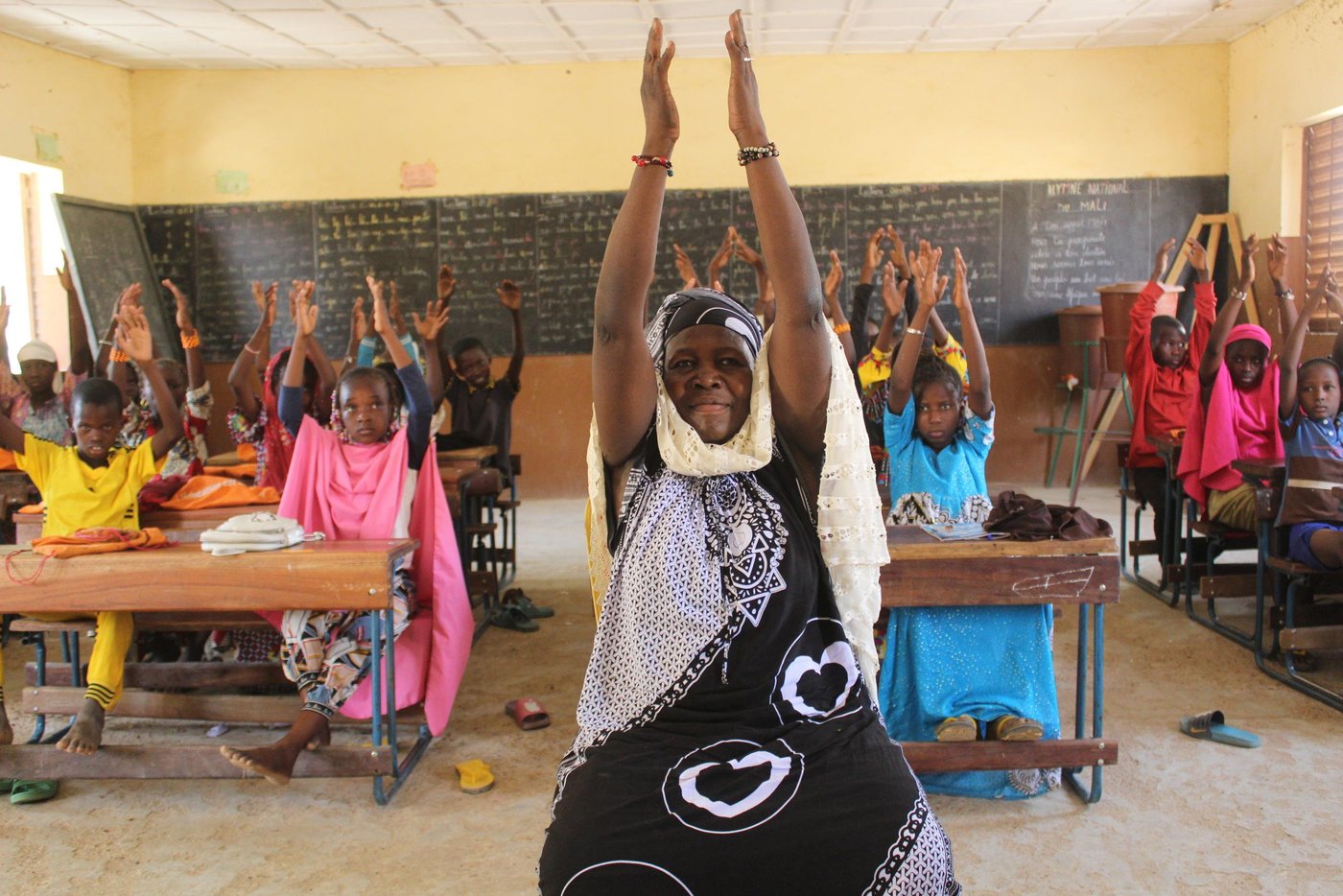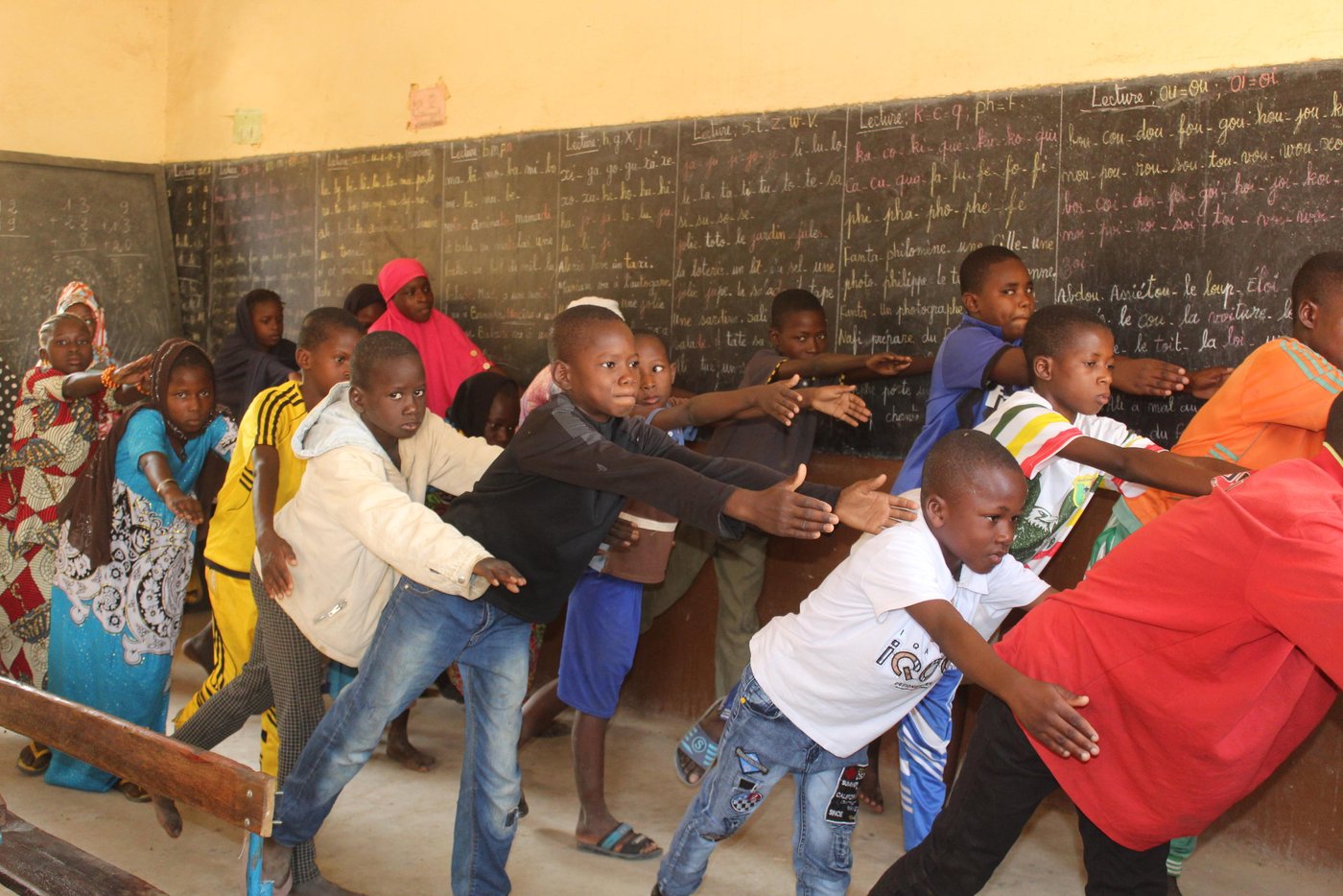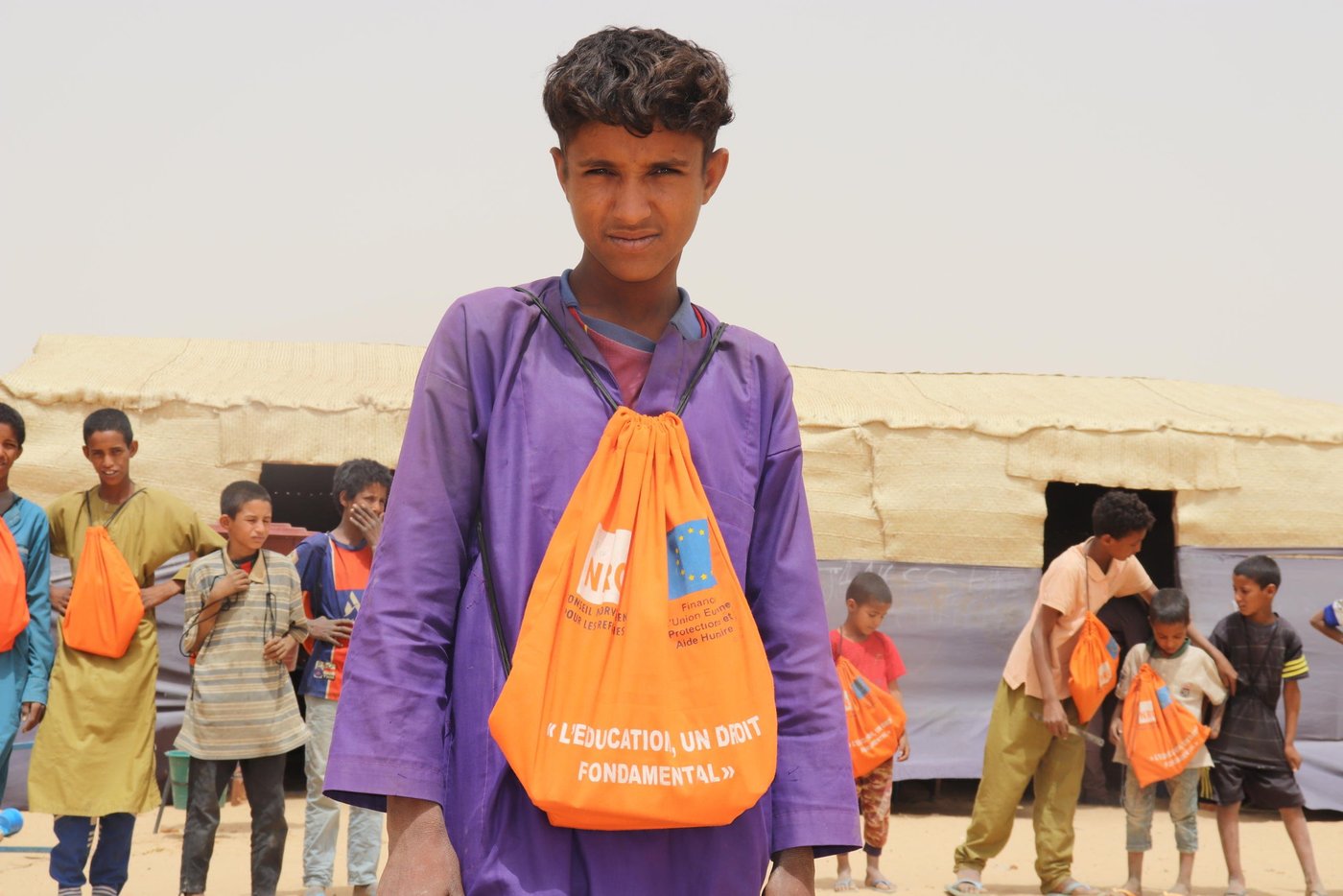Since 2012, insecurity linked to the escalation of the armed conflict in Mali has weakened society and affected people’s ability to access basic services. Despite the signing of the Agreement for Peace and Reconciliation in 2015, the situation in the northern and central parts of the country remains unstable. Because of conflicts and regular confrontations between armed groups, violence and insecurity are gradually spreading further south, to the central and southern parts of the country.
The number of people needing aid has gone from 7.5 million in January 2022 to 8.8 million in January 2023. This 17 per cent increase illustrates the aggravation of humanitarian needs. Around 375,000 people have been displaced within the borders of the country. These are mainly women and children.
During population movements, adults are usually impacted physically and economically. Children are more psychologically affected . The violence frequently leaves victims wounded and often disabled for life. People are forced to abandon their stable sources of income and their homes to seek refuge in zones where everything needs to be rebuilt from scratch.

According to a 2022 survey, 58 per cent of people say they are personally affected one way or another by the occupation and conflict in northern Mali, whether that means losing loved ones, losing income, injuries or displacement. As they witness violence and gunshots during attacks, children are often left with psychological trauma.
Boubacar Taifour is the director of a school in Faradjireye, Gao. He witnesses the effects of the conflict on children. “The most frequent symptoms of trauma in children are depression and fear of noises,” he says.
In addition, many children have a reduced ability to focus because of stress and trauma. According to him, the psychological effects of the crisis contribute to lowering the overall level in the education system in Mali. “The level of displaced children at school is very low because they’re experiencing psychosocial trauma affecting their learning on all levels,” says Boubacar.
Fatoumata Abdou, a facilitator at an education centre in Boulgoundié, adds: “usually, when a child is always alone and avoids contact with their peers, and doesn’t have fun, it is perceived as a sign of trauma and stress. With the Better Learning Programme (BLP), we practice breathing exercises that relaxes the children. These activities also help them getting close to their peers."

To strengthen learning capabilities, the Norwegian Refugee Council (NRC) has trained more than 200 teachers to deliver BLP in the classroom. This gives teachers simple tools to be able to support their students daily on a psychosocial level. The tools include games, psychosocial support and breathing exercises.
“Before BLP, I was doing my best by comforting and reassuring children,” says M. Taifour. "But today, we teachers and facilitators take care of them with a real method.”
“At first, I didn’t understand much of the lessons,” says Mohamed Alassane, a 13-year-old displaced child who attends a learning centre in Bougouni, Goa. “But when our facilitator started with distracting methods to make us more comfortable, it got better.”
“The breathing exercises are the most important part of BLP,” says Fatoumata, the facilitator at the Boulgoundié centre. “Because it allows one to breathe in, out, and to reconcile the spirit and the heart.”
Most of the children in the centres were forced to flee their homes for safety reasons. In their new environments, they are often disoriented. After nine months at these accelerated learning centres, where they have regular access to BLP, the children are reintegrated in the normal school system.
Currently, NRC helps 6,597 students in these alternative learning centres in Mali.


